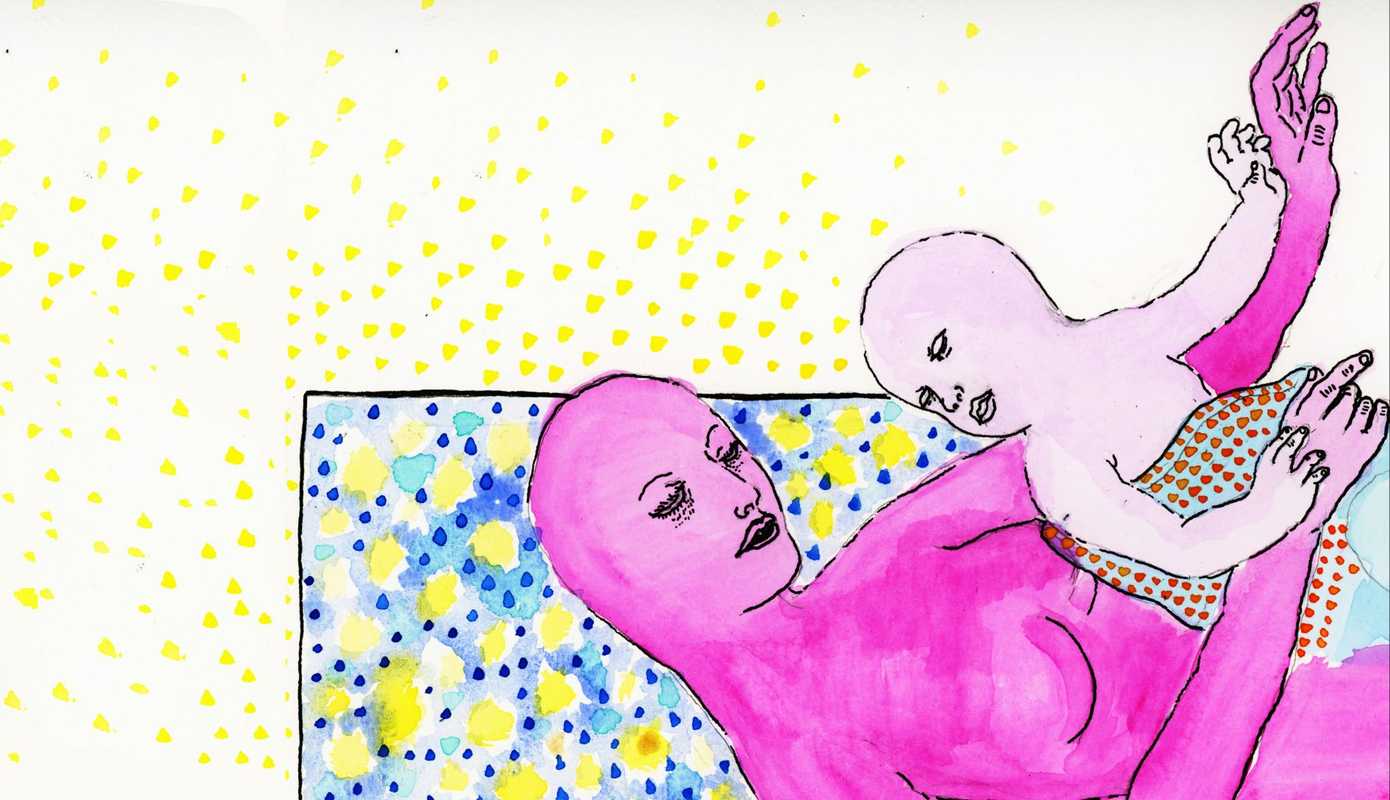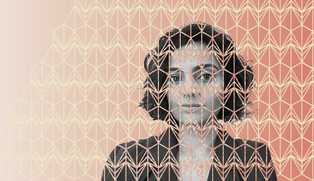Many years ago in a small town called Arusha, located exactly at the midpoint between Cape Town and Cairo, a small boy picked up a bottle of Tangawizi, drank it until it was almost finished, and put it on the wooden table before speaking. This boy was not a prophet or a young pastor, he was not a boy that read many books or a boy that all the teachers smiled at. He was not a boy known to be wise. Yet on that bright afternoon in Arusha after refusing his invitation to Masaai Camp, a popular nightclub, he had looked into my future. “I saw this happen with my sister. She didn’t go out in high school, then she didn’t go out in college, then she didn’t go out after that.” He stopped and sighed heavily, letting the scent of ginger from his drink linger in the air, “She never went out until she was thirty,” he said. Six years later on a day as sunny as that day I declined to go to Masaai Camp, in a town that is a fourteen-hour plane journey away from Arusha, I looked at the clock and wondered how much time had passed and how little my life had changed. The sun does not set in Virginia until eight or nine in the evening yet my family’s routine is dictated by the African sun. At six my father presses the doorbell to our small apartment before walking in with a greeting. “Hello good people,” he says, expecting to be answered by every member of the family. It is an unspoken rule that dinner will be served as soon as father gets home, that my mother, my brother, my sister and I will take our food in that order. It is expected that even on a Saturday night everyone will be home by six, ready to have bible study after dinner, ready to listen quietly, read the gospels diligently, then respond to father’s sermon enthusiastically. This routine is not fixed in stone but it happens every day whether the sun has set or not. This summer I felt the ways that my little Zimbabwean family was different to other families in Virginia. I had just graduated from University, I had no job, and I couldn’t remember the last time I had coffee with someone who was not part of my family. For the first time I was faced with the reality that living with my family might not be temporary. Throughout the summer I began rejecting invitations to go to bars, to go on weekend trips to New York, and to go to last minute concerts. Many days I stood on the balcony of our apartment wondering why the sun was not going down, why the sun stood there reminding me that I could not enjoy it with a cold beer in hand at the sea front. I wondered why I was so lonely. I was not the small girl in Arusha that wanted to go to Masaai Camp but refused because my parents would say there was too much school work to be done. I was a woman who had already finished a degree, a woman who could no longer tell her friends without cringing that she “couldn’t make it.” I was also just a woman, and that alone was reason enough to crave a little freedom. When I was a child my parents often listened to Oliver Mtukudzi’s songs in Arusha. These songs reminded them of Harare. Tuku had a song called “Kunze Kwadoka” which means “outside the sun has gone down.” My Shona has always been too simple to understand the nuances of his songs, but the plot was easy enough for me to follow. During the chorus Tuku’s authoritative raspy voice would flow out of the speakers singing, “Follow that child, you follow that child, the sun has set, it is dark outside.” His voice would be accompanied by female background singers whose sharp high pitched voices mimicked the sound of concerned mothers as they sang, “Hey child, where were you and who were you with?” My parents would always request Tuku at barbecues or parties. They would shake their hips, stepping from side to side, letting Tuku’s guitars guide their joy. As a young girl who cared more about the melody than the message, I also danced along. Growing up, I never thought my small Zimbabwean family was a spectacle. We had moved to Arusha in my childhood days where many children went to all night prayers at church instead of Masaai Camp, and where visitors broke into prayer before they began inquiring about the family. Even though my father had tasted plantains for the first time and always told his friends that he lived in a small dusty town where people were so creative that they fried bananas, there was something about the rhythm of life – the back and forth between school and home, or home and church, or church and a restaurant for Sunday lunch – that made it no different to Harare. Years later, life had taken us even further from Zimbabwe when I was in university and we had ended up in the state of Virginia. At first the changes in America were expected; nostalgia made us talk about sweet potatoes from home as if it was an interesting topic of discussion at dinner time, and snow made my father yearn for bright sunny Harare. Even though the potatoes had also been a point of conversation in Arusha, something felt different about the ways that my parents saw themselves as immigrants in Virginia. The combination of the anxiety of immigration to the United States as well as the anxiety of watching me and my sister become women resulted in my father creating tight rules and regulations to combat the looseness of “American immorality” and the scattered feeling of being too far away from home this time around. One day as I was scooping rice onto my plate and my brother was microwaving his food, I asked my brother if he had ever thought there was something peculiar about our family. “I have never thought about it”, he said taking his plate out, poking the food and licking his finger before putting it back into the microwave. “You don’t have to think about things that are obvious.” The obviousness is what I have come to jokingly refer to as “African Lockdown”. While my African lockdown began at an early age, it has started to take on a new form as I’ve entered my twenties. “Curfews don’t exist, no one is stopping you from living your life”, my parents say whenever I try to ask permission to leave during the night. Those few seconds of hope are then interrupted by warnings: “but it’s not safe for us foreigners,” “but it’s not safe for us Black folks,” “but it’s not safe for us Christians.” What they really mean to say is that we are not at home here, and this little apartment will have to be good enough. There are silent moments or angry grunts whenever I mention that I am meeting a friend for dinner, last minute bible studies or family events on the weekends when I am supposed to be with friends. “Does it please God?” my father asks again and again. And I have learned to spend weeks at home, feeling thoroughly removed from my friends a few miles away. A few weeks ago, I stumbled across the music video for that old Mtukudzi song “Kunze Kwadoka.” The video tells a short story, easy to follow and easy to get lost in. It starts with an image of a young girl and a young man. The young dreadlocked man is thinking about wanting beer, and the schoolgirl in a uniform is thinking about wanting a dreadlocked man. The dreadlocked man goes to Madala’s Tavern and the schoolgirl goes to the dreadlocked man. Meanwhile at home, a big woman stirs sadza and watches the clock while thinking about her daughter the schoolgirl. By now the sun has set and the schoolgirl has magically transformed from a meek Zimbabwean girl to a woman smoking a cigarette at Madala Tavern while a dreadlocked man grabs her butt. I watched the video over and over again, looking for a little irony, a twist that I might have missed, the smallest crack in the story that would let me know that Mtukudzi was only partially serious. I found nothing and realized there is no way out of this simple and obvious plot that demonizes nightlife. I have found refuge in Clifford Owuso’s web series, “In an African Home.” Owuso plays his father who always enters the room in a loose fitting printed shirt singing, “what a mighty God we serve,” only to find “Criff” living a life far from the ideal. Criff always dares to ask if he can go for a sleepover or to a party instead of church for New Years. Criff has failed to be a good African child; he has failed to be a maid, monk and scholar all rolled into one. I have joined thousands of viewers who have also gathered to lament their own childhoods, leaving teary-eyed emojis in the comment section. But my childhood has turned into adulthood, and I wonder what it means to be a woman terrified of leaving the house.
African Lockdown

Missed opportunities, clubbing and invasive bible studies


